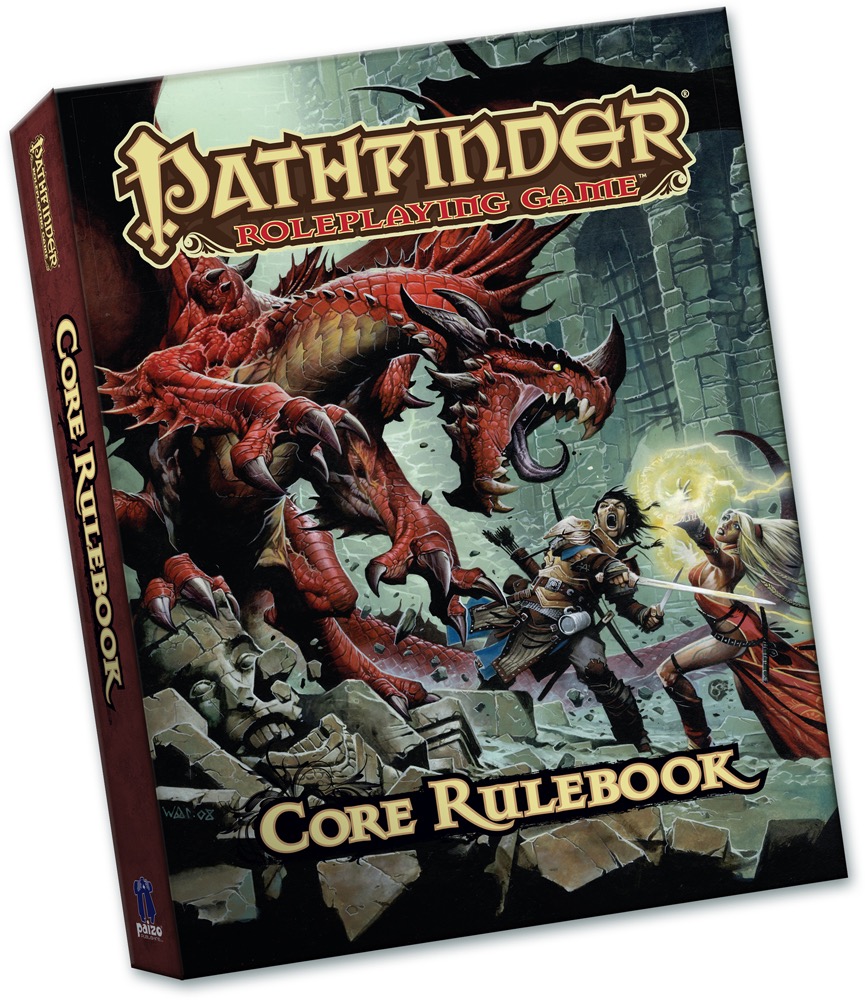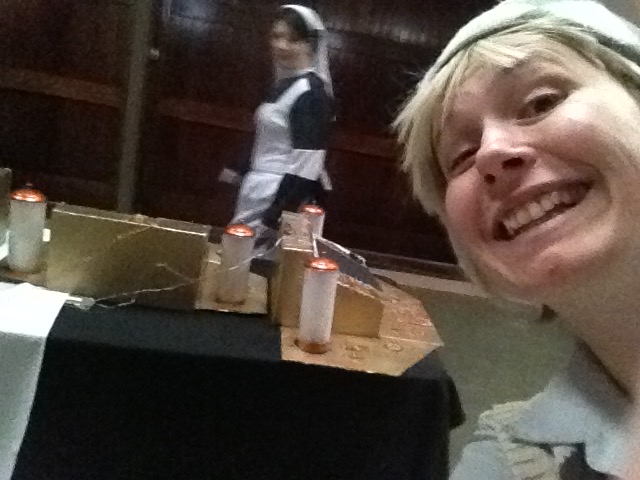And this is a shame because there are so many different hooks out there that can really make a difference to your campaign by evoking the right mood and setting up the right expectations.
The main three hooks include:
The Slow Reveal: The campaign weaves hints of some terrible future throughout relatively mundane quests, goals and complications in a way that builds anticipation. The character typically doesn’t realise what is happening until they are already committed or caught up in the situation. This hook requires some degree of active character participation so that they don’t leave the moment things get spooky but the characters themselves don’t have to do anything special to continue the campaign.
Start With a Bang: The campaign begins right where at the point of some great change in their lives that prevents them from ever going back to what came before (at least not until they have finished the story). Often the campaign will begin a few minutes to half an hour before this great event to give the players some sense of continuity but there are few – if any – hints as to what’s about to happen. This hook can make do with largely reactive characters as there’s no way for them to ignore this event.
The Bizarre Mystery: The campaign begins with a tantalising question so important that the players can’t just walk away without solving it. This could involve a murder they need to investigate, a news article about some strange occurrence or a weird situation that happens around them. This hook requires characters who will take a very active role as the characters can theoretically ignore the mystery with relative ease.
I’ll go into more detail about different types of over the next three Fridays so stay tuned for more in-depth suggestions on how to make these hooks work for you.
Can you think up any other types of hook?



